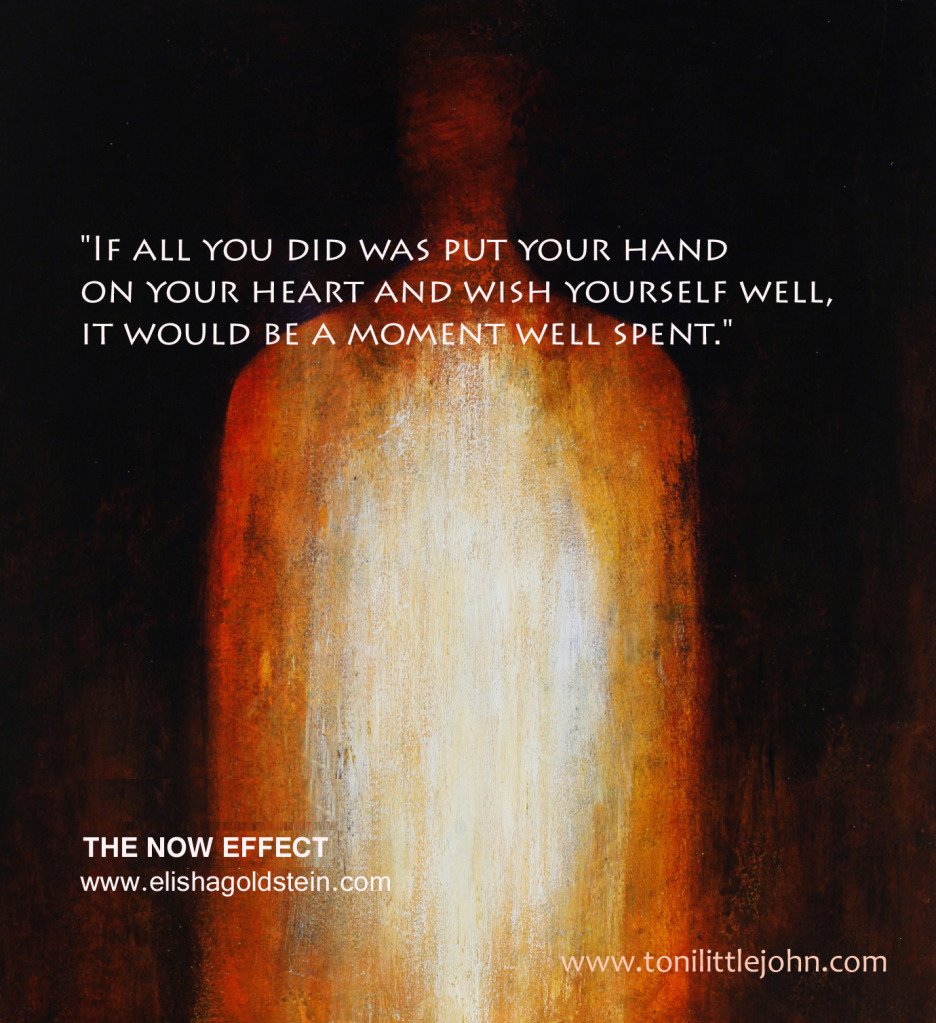
The World Health Organization estimates that by 2020, depression will be the second largest issue in ill health worldwide. Clinical depression is defined as a persistent depressed mood or loss of interest or pleasure for at least two weeks along with a number of other physical and psychological symptoms. These could include poor sleep, loss of appetite, a sense of hopelessness and others. Studies have now found that the more often a person experiences depression, the more likely they will be to experience it again (70-80 percent chance of relapse for people who have suffered two or more episodes).[1]
But depression doesn't usually occur alone, and is often mixed with other issues such as anxiety and panic. So what do we do -- medicate, meditate, both?
The psychiatric field has found medications that increase the flow of certain neurotransmitters in the brain that can help relieve these feelings of depression. However, because of the relapse rate, the American Psychiatric Administration had to come up with three phases of treatment with medications: acute, continuation, and maintenance. Acute medication treatment was aimed at relieving symptoms during a depressive episode. Continuation treatment was for prescribing medication for six months after the episode had passed and maintenance was to prescribe for up to three years.
So what's the problem here? What happens after three years? What about the people whom medication doesn't agree with or unable to take?
Medication was not meant to be a permanent solution to mental health issues because they don't target the supposed causes of the episode itself, but more to help relieve symptoms for a period of time so people who are suffering can cultivate the stability and skills to support themselves moving forward. Medication can be a wonderful support; however, it's important to also cultivate the skills to work with the potential relapse of depression moving forward.
There is a more effective long-term strategy.
Whether you take medication or not, you can learn a new way of relating to distress; rather than avoiding it, you can learn to approach it and live in the midst of it. We can learn to be grateful during the good times and graceful during the more difficult times. This ability to cultivate the skill of surfing the difficult emotions that arise has profound consequences for what follows.
When we spend our time hating and cursing the distress, it's as if we are sending negative energy into a blob of negative energy. The negativity we're sending is food for that blob, and it only grows. We don't realize that the way we are relating to our depression, adds to it. It's difficult to grasp this concept if we're in the depression, and that is why this approach is best when the episode is lifting or has lifted. Here is where medication can be supportive.
What we practice and repeat in life becomes automatic, that's just the way our brains work.
What would be different if we practiced and repeated doing the exact opposite from what our brains want to do when difficulties arise? Here's a picture I've shown before from The Now Effect that is an example of a simple yet effective practice:
The poet Hafiz said,
"Don't turn away. Keep your gaze on the bandaged place, that's where the light enters."
Mindfulness is a practical approach in learning how to keep your gaze on the bandaged place, because "the how" really matters. We want to dress the vulnerability with a kind, warm, supportive and curious attention. This is not something most of us have learned how to do, but it is a skill that all of us are able to learn.
Working with mindfulness and meditation in this way is only one approach toward depression that is showing encouraging results in studies for preventing depressive relapse. However, there may be other ways that are supportive to you.
As always, please share your thoughts and stories below, as your interaction here provides a living wisdom for us all to benefit from.
Adapted from Mindfulness and Psychotherapy
References:
[1] K.A. Godfrin, C. van Heeringen. Corrigendum to "The effects of mindfulness-based cognitive therapy on recurrence of depressive episodes, mental health and quality of life: A randomized controlled study" [Behaviour Research and Therapy 48 (2010) 738-746]
For more by Elisha Goldstein, Ph.D., click here.
For more on mental health, click here.
